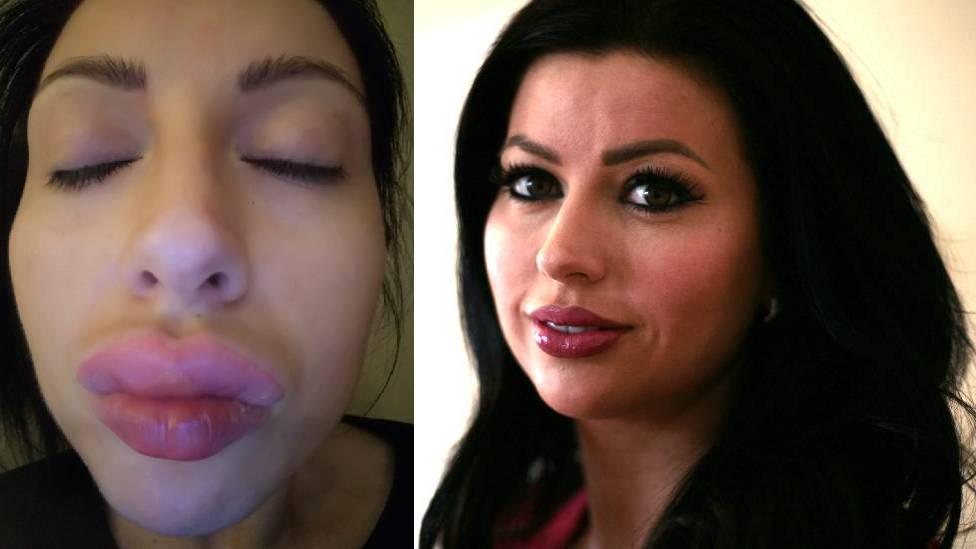Plan to regulate 'wild west' beauty filler industry
- Published
'I've seen girls with botched lip jobs'
Non-healthcare professionals will need a licence to carry out cosmetic procedures under proposals being put forward by the Scottish government.
Treatments, such as dermal fillers or lip enhancements, are currently available in premises ranging from hairdressers to pharmacies.
But ministers want to overhaul the existing system, which has been compared to the "wild west".
A public consultation has been launched and will run until the end of April.
Public Health Minister Joe FitzPatrick said Scotland would be the first part of the UK to introduce a licensing regime.
The licences would be similar to those required by tattoo parlours, which try to ensure they have the required skill, training and experience.
Experts told the BBC this would not solve the problem of unqualified people administering medical injections.
'Medical emergency'
Last month, BBC Scotland's Disclosure highlighted the case of a midwife who said her procedure felt as if a "golf ball had been shot into my lip".
By the next day, Karen McCrimmon face was turning blue around her mouth, her lips were swollen and the inside of her gum was turning black.
She said: "Basically the blood flow had been stopped to the rest of my face and it was getting worse by the minute. It was a medical emergency."
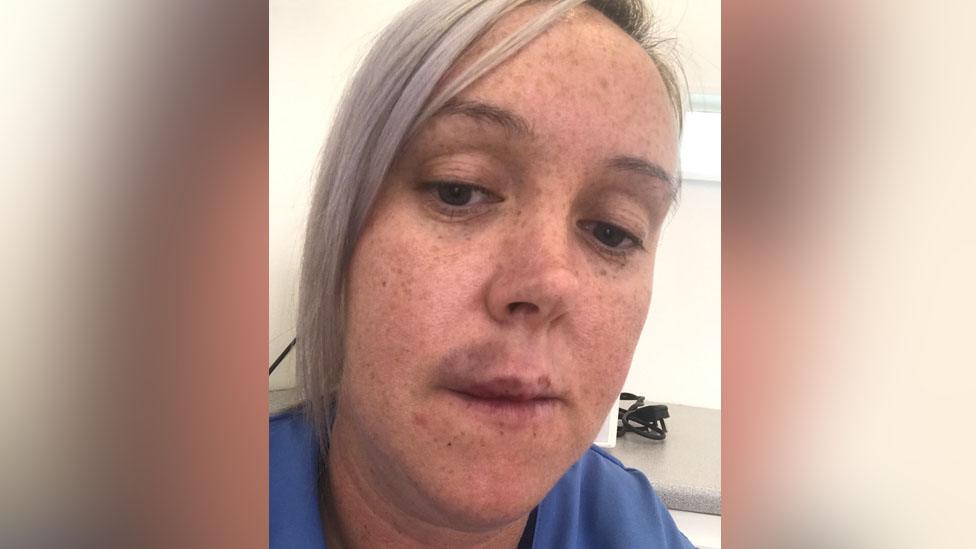
The day after the procedure Karen's mouth was turning blue
The Scottish government aims to have a licensing framework in place within months.
Public Health Minister Joe FitzPatrick said the government was committed to patient safety and wanted to ensure that all those who carried out non-surgical procedures were competent.
He added: "We plan to introduce regulations later this year and invite members of the public and interested parties to give their views as part of the consultation on our proposals."
The minister stressed the end result would not be a "box ticking exercise".

What about the rest of the UK?
In 2013, a review by Sir Bruce Keogh, the NHS medical director for England, external, said non-surgical procedures such as fillers to tackle wrinkles, Botox and laser hair removal were "almost entirely unregulated".
He said that "a person having a nonsurgical cosmetic intervention has no more protection and redress than someone buying a ballpoint pen or a toothbrush".
Sir Bruce recommended a register of everyone who performs surgical or non-surgical cosmetic interventions.
The UK government stated that there was "support for the principle that dermal fillers and other non-surgical products should be prescription-only, or otherwise that there should be some control over who may administer them", but it has not moved to introduce legislation.
The UK government's Department of Health said it was exploring additional safeguards relating to the supply and administration of dermal fillers and other injectable cosmetic procedures to safeguard vulnerable groups.
Last year, the Welsh government said it "may be appropriate in the future" to consult on adding dermal fillers to the licensing system.

Approved providers
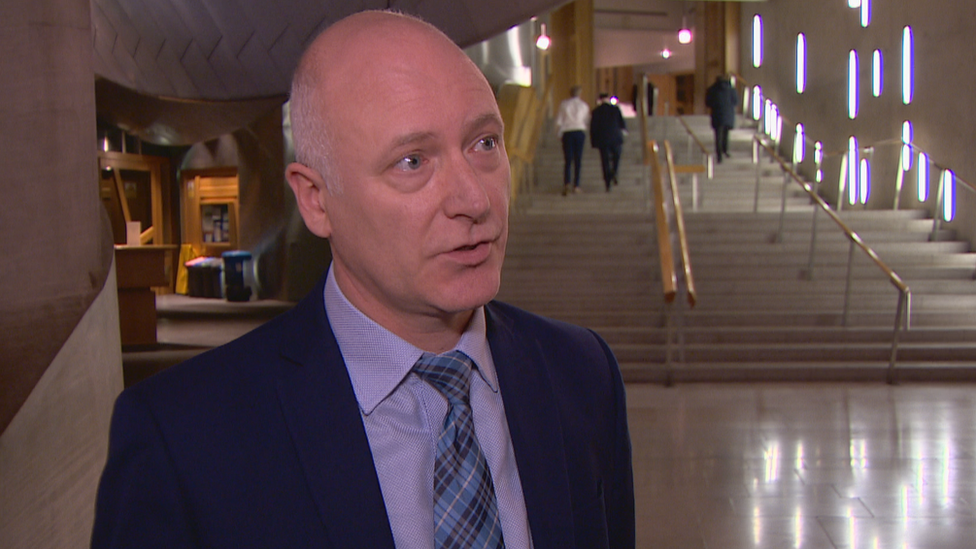
Public health minister Joe FitzPatrick said Scotland will be the first part of the UK to introduce a licensing regime.
In the meantime, Mr FitzPatrick said anyone considering any kind of cosmetic surgery should visit the Healthcare Improvement Scotland, external website for regulated and approved providers.
Social media images and influencers such as the Kardashians have led to a huge increase in women and men seeking out the procedures.
Non-surgical treatments such as Botox and fillers account for nine out of 10 cosmetic procedures in the UK and are worth about £2.75bn a year.
But the non-surgical cosmetic industry is almost entirely unregulated.
Ken Stewart, the plastic surgery adviser to the Scottish government, previously compared the existing system to the "wild west".
He said he regularly saw patients who had complications from fillers who had not even been told about the risks in advance.
The British Association of Aesthetic Plastic Surgeons said that any non-surgical procedure should be carried out by a medical professional with a comprehensive consent process.
A statement said: "BAAPS sees the decision to licence non healthcare professionals to perform invasive procedures as irresponsible."

What are dermal fillers?
Tens of thousands of people now get dermal filler treatment across Scotland each year.
It is usually an injection into the face of something called hylauronic acid which helps to fill wrinkles and add volume to tissue.
But as its popularity increases, so do the complications which include the risk of infection, blocked arteries, necrosis, blindness and stroke.
Hundreds of companies across the UK offer dermal fillers but there are currently no rules about who can inject you with filler, nor what training they should have had.
Aesthetic nurse Suzanne Armstrong, who was part of the Scottish expert group, told the BBC there needed to be legislation to ensure all clinics were run by healthcare professionals.
She said: "We are now at the point that patients are being harmed and we need to address this urgently."
"I completely understand that the health service faces many issues and many problems and that sometimes these things seem small potatoes but there is no reason why something that we actually produced recommendations for four years ago cannot be acted on within that period of time."


Previous Disclosure investigations include:
- Published18 December 2019
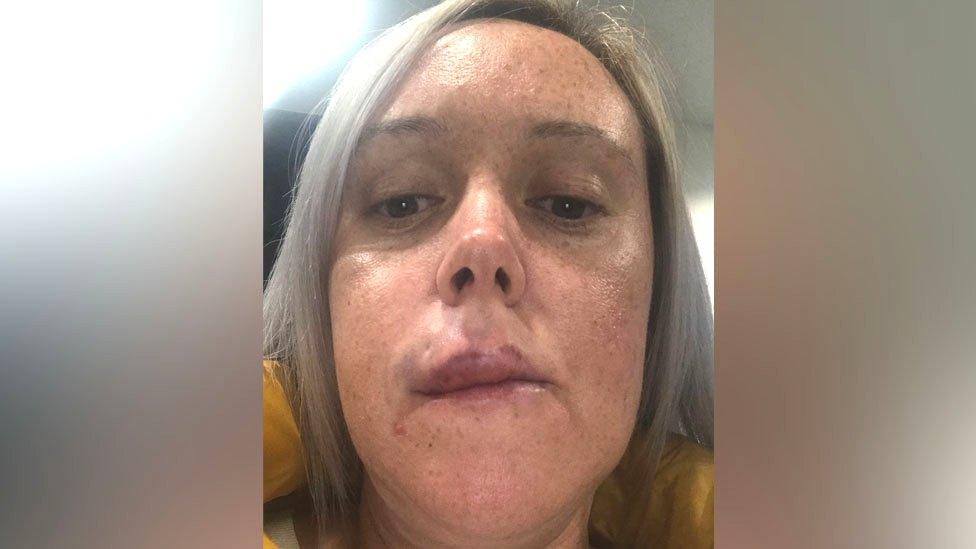
- Published23 April 2019
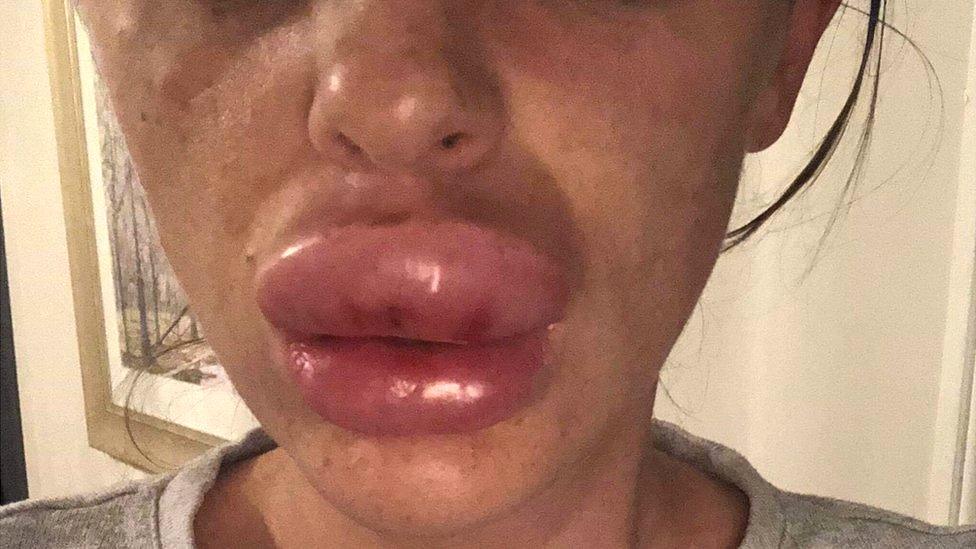
- Published28 March 2019
